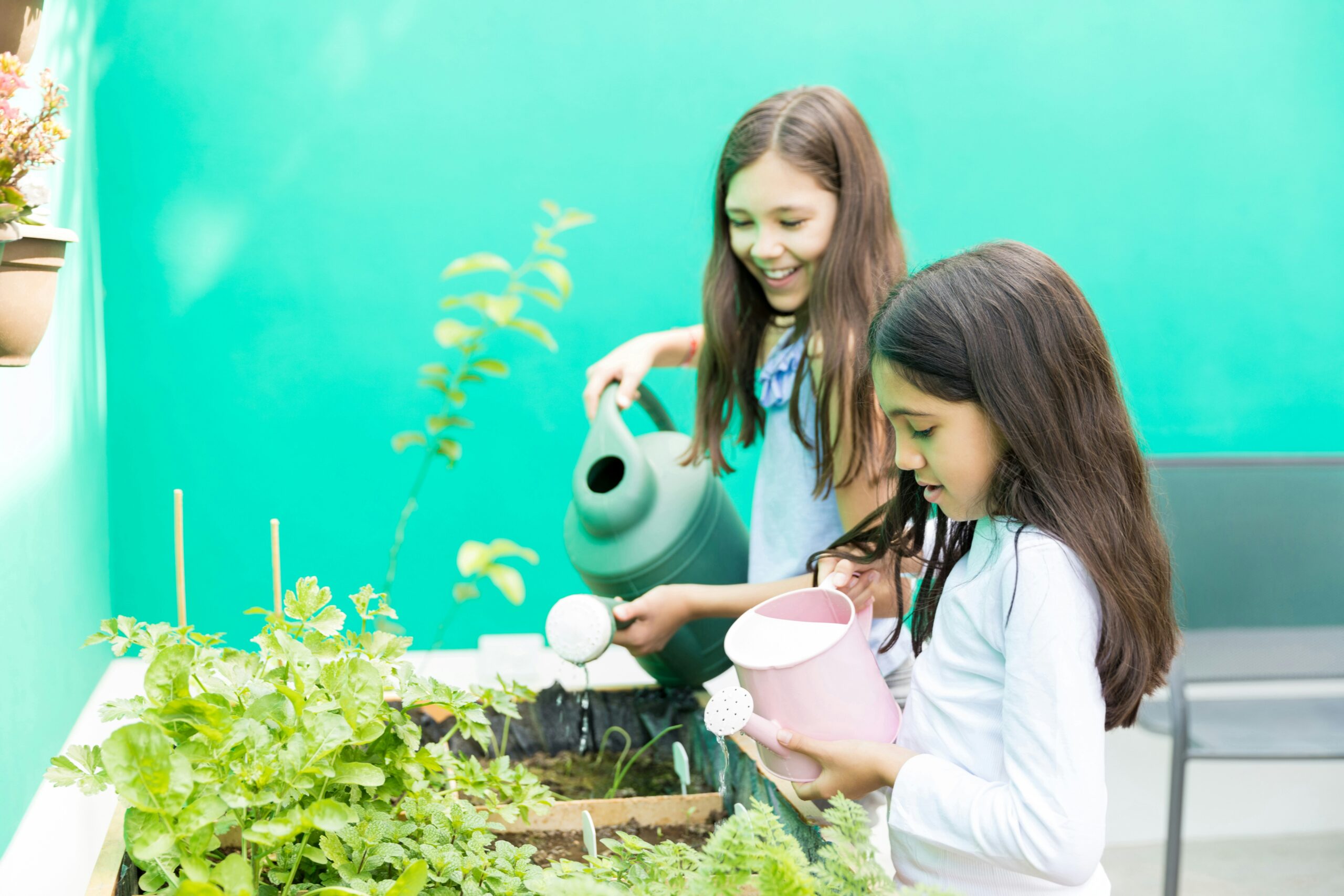Implementing sustainability programs in schools can be a powerful method of increasing community resilience. Not only do these programs reduce the school’s environmental impact, but they also educate students and the community about eco-friendly practices, empower students to advocate for causes that they believe in, and strengthen community bonds. Check out the list of programs below, and then visit the “Definition” link below for more ideas from the U.S. Department of Education’s “Green Ribbon Schools”:
- Recycling Programs: Establishing a comprehensive recycling program is a fundamental step towards school sustainability. Schools can provide separate bins for paper, plastic, glass, and other kinds of waste (depending on the recycling programs available in your area). To promote proper usage, schools should discuss proper use of the bins and their importance with students. Learn more about recycling (as well as reducing and reusing) here.
- Composting Programs: Implementing a composting program can significantly reduce a school’s waste output. Cafeteria scraps, lawn clippings, and other biodegradable materials can be composted to reduce waste and produce nutrient-rich compost which can then be used in school gardens or other community projects. Learn more about the benefits of composting and how to get started here.
- School Garden: A school garden provides a variety of hands-on learning opportunities for students, as well as introducing them to the physical and emotional benefits of time spent in connection with nature. Incorporating rainwater collection, composting, and other best practices in the garden is a great way to model sustainable living in a fun and engaging way. If your school doesn’t have space for its own garden or if you need support getting started, consider partnering with a local community garden.
- Encourage Reusable Water Bottle Usage: Swapping single-use plastic water bottles for reusable alternatives significantly reduces plastic waste. Depending on your school’s individual context, schools can promote reusable water bottle usage by installing water bottle filling stations, distributing reusable bottles to staff and/or students, and recommending a reusable bottle on school supply lists. Some programs even host reusable bottles donation drives – a great way to reduce waste, build community bonds, and ensure reusable bottles are available to all!
- Anti-Idle Campaigns: An anti-idle campaign aims to reduce vehicle emissions, improve air quality, and conserve fuel by encouraging parents to turn off their engines while waiting in drop-off and pick-up lines. Learn more about anti-idle campaigns and how to start your own here.
- Walk, Bike, and Roll to School Day: “Walk, Bike, and Roll to School Day” events encourage students and parents to choose active and environmentally-friendly modes of transportation – starting with a one-day event, but sometimes building to year-round initiatives. In addition, these programs reduce vehicular traffic and pollution, promote physical activity and independence, and build strong community bonds. Learn more about these exciting events and how to start your own here.
- Zero Waste Schools: The goal of a zero waste (or low waste) approach is to reduce waste generation as much as possible. Implementing this mindset in schools requires comprehensive planning, education, and community involvement. Nonprofits exist to support schools on their journey towards zero waste. Learn more about one such nonprofit, Seven Generations Ahead, here; or learn more about zero waste living here.
- LEED-Certified Schools: A Leadership in Energy and Environmental Design (LEED) certification shows that a school has achieved a high level of sustainability. LEED-certified schools are designed to be energy-efficient, have reduced water consumption, and utilize sustainable building materials, among other factors. If your school isn’t LEED-certified, you can take valuable lessons from LEED-certified schools to make your own school more sustainable. For example, you could advocate for the school to swap to more energy-efficient lighting or low-flow faucets. In addition, you can advocate for the use of sustainable building materials in any future renovations. You can explore the profiles of 30 LEED-certified schools here.
Regardless of your role in your school community, whether you’re a student, parent/caregiver, teacher, administrator, other staff member, or community member, there are ways for you to support these impactful initiatives. Check out the “Action” link below for more resources from 1y4e, or visit your school’s website for ways to get in touch & get involved.


